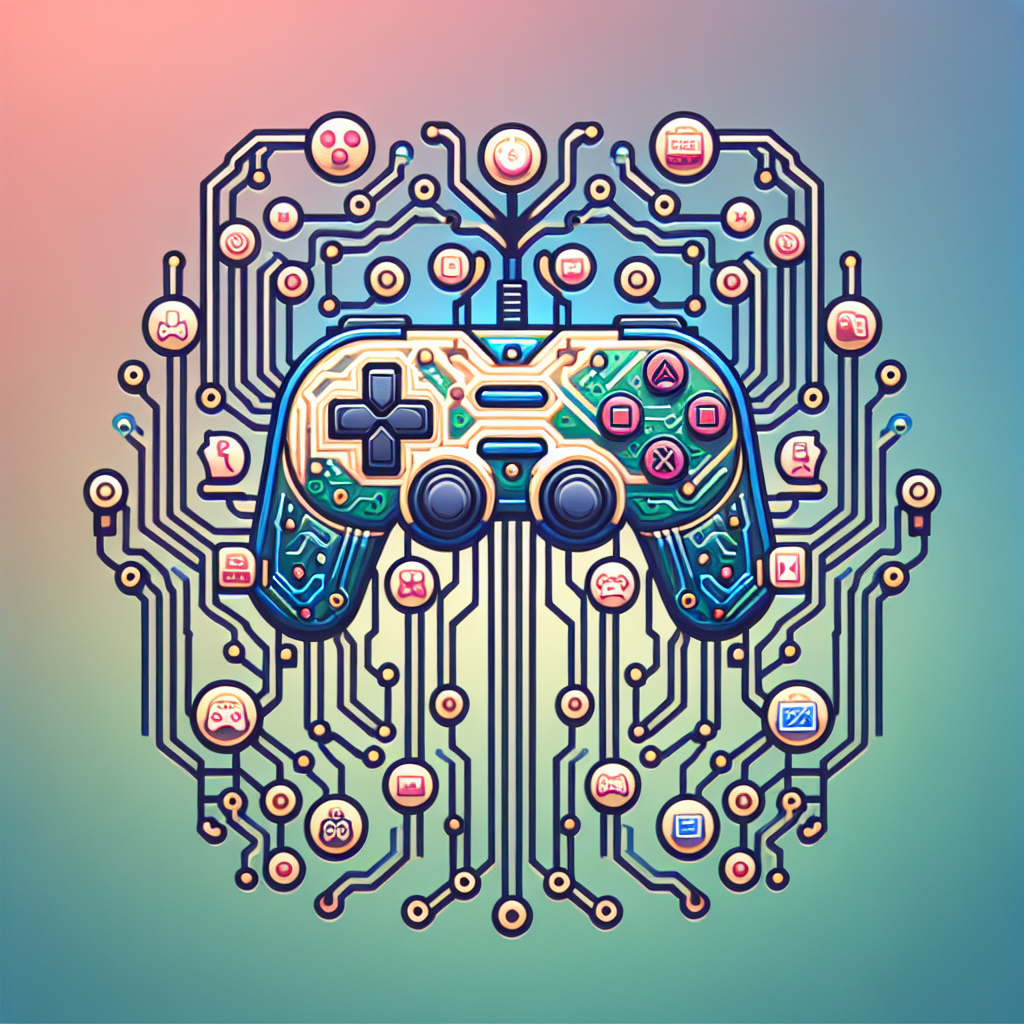Advancements in technology have revolutionized the way we interact with the world around us, and the gaming industry is no exception. One of the most significant developments in recent years is the integration of artificial intelligence (AI) in game localization processes. Game localization involves translating and adapting video games into different languages and cultures to make them accessible and enjoyable for players worldwide. AI has streamlined and enhanced this process, offering numerous benefits to both game developers and players.
Benefits of AI in Game Localization Processes:
1. Speed and Efficiency: One of the most significant advantages of using AI in game localization is the speed and efficiency it brings to the process. AI-powered tools can automate many tasks that would traditionally be time-consuming and labor-intensive, such as text extraction, translation, and testing. This allows game developers to localize their games more quickly and cost-effectively, enabling them to reach a global audience faster.
2. Accuracy and Consistency: AI-powered translation tools can provide more accurate and consistent translations than human translators, ensuring that the game’s content is correctly localized for different languages and cultures. AI algorithms can analyze and learn from vast amounts of data to improve translation quality over time, reducing errors and inconsistencies in the localization process.
3. Cultural Sensitivity: Game localization involves more than just translating text; it also requires adapting cultural references, humor, and imagery to resonate with players in different regions. AI can help identify and address cultural nuances and sensitivities in the localization process, ensuring that the game’s content is appropriate and engaging for players worldwide.
4. Cost-Effectiveness: By automating many localization tasks, AI can significantly reduce the costs associated with game localization. This allows game developers to reach a broader audience without breaking the bank, making it easier for indie developers and smaller studios to compete in the global gaming market.
5. Scalability: AI-powered localization tools can scale to meet the demands of large-scale game projects, handling vast amounts of content in multiple languages simultaneously. This scalability allows game developers to localize their games quickly and efficiently, even as the scope of the project grows.
6. Player Engagement: Accurate and culturally sensitive localization can enhance player engagement and immersion in the game, leading to a more enjoyable gaming experience. By using AI to localize their games effectively, developers can attract and retain players from diverse backgrounds, boosting player satisfaction and loyalty.
7. Competitive Advantage: In a crowded and competitive gaming market, effective localization can give developers a competitive edge by making their games more accessible and appealing to players worldwide. By leveraging AI-powered tools, developers can localize their games faster and more accurately, gaining a foothold in new markets and expanding their player base.
FAQs:
1. How does AI-powered translation differ from traditional human translation in game localization?
AI-powered translation tools use algorithms and machine learning to analyze and translate text, whereas traditional human translators rely on their linguistic skills and cultural knowledge. AI can process large amounts of data quickly and accurately, providing consistent and scalable localization solutions for game developers.
2. Can AI-powered localization tools handle complex languages and cultural nuances?
Yes, AI-powered tools are capable of handling complex languages and cultural nuances in game localization. These tools can analyze and adapt to different linguistic and cultural contexts, ensuring that the game’s content is accurately translated and culturally sensitive for players worldwide.
3. Are AI-powered localization tools suitable for all types of games?
AI-powered localization tools can be used for a wide range of games, from mobile games to AAA titles. These tools are flexible and scalable, allowing developers to localize their games efficiently regardless of the genre or complexity of the content.
4. How can developers integrate AI-powered localization tools into their game development process?
Developers can integrate AI-powered localization tools into their game development process by partnering with localization service providers or using localization platforms that offer AI-powered solutions. These tools can be seamlessly integrated into existing workflows, automating many localization tasks and streamlining the localization process.
In conclusion, the integration of AI in game localization processes offers numerous benefits to game developers and players alike. By leveraging AI-powered tools, developers can localize their games more quickly, accurately, and cost-effectively, reaching a global audience and enhancing player engagement. As the gaming industry continues to expand and evolve, AI will play an increasingly crucial role in driving innovation and growth in game localization.

